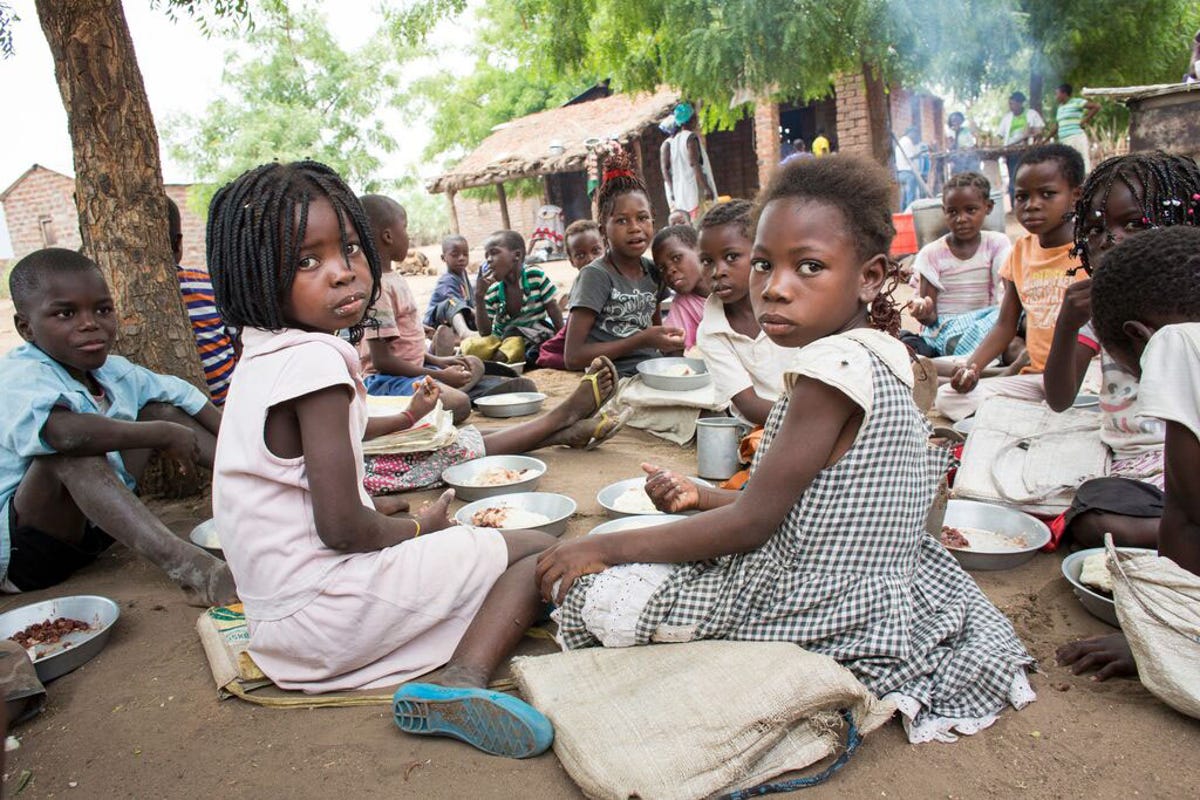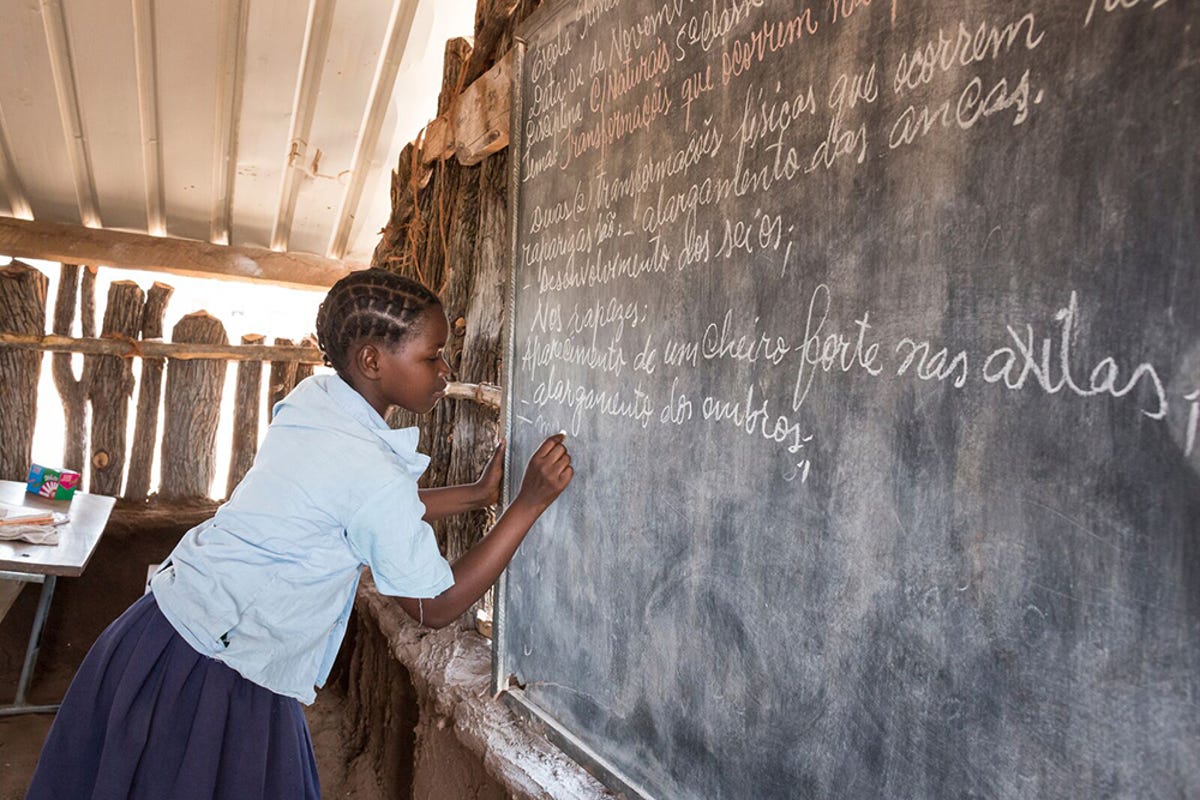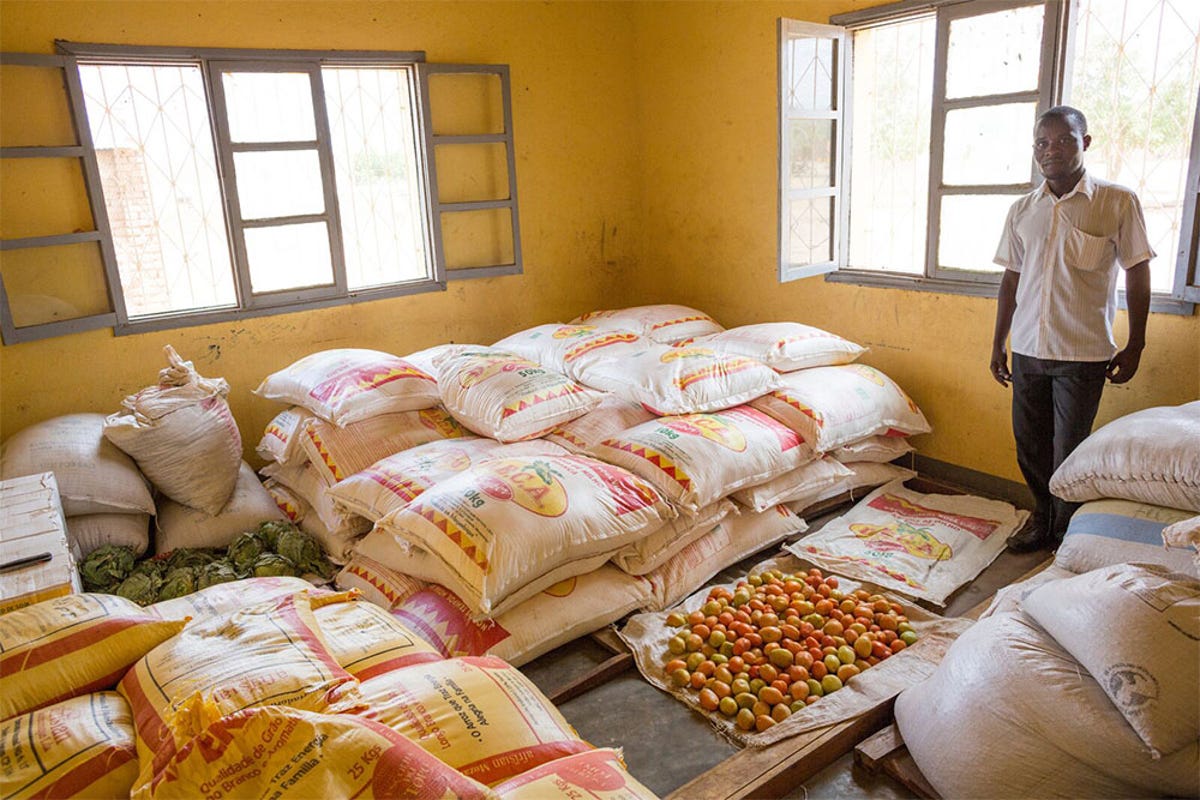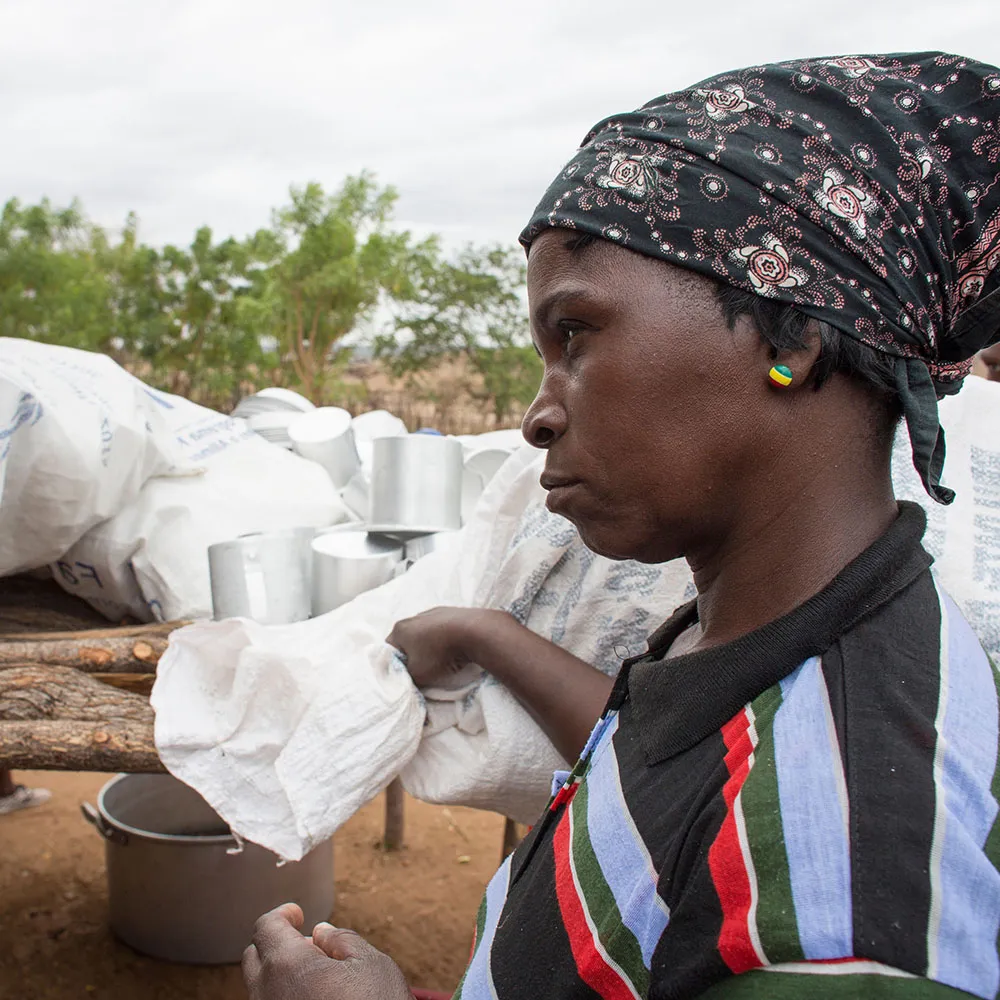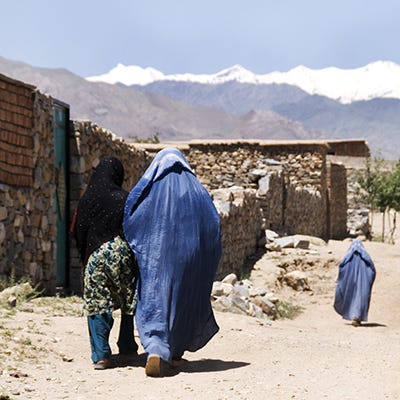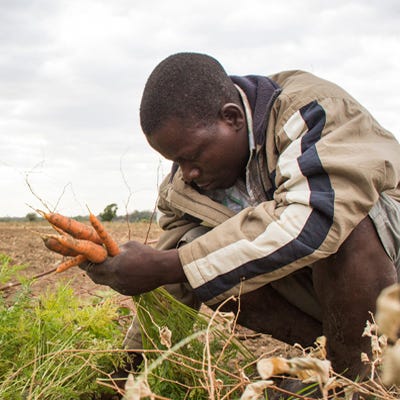2017-2024
ZERO CROP LOSSES FOR ZERO HUNGER
© Cartier Philanthropy / Andrea Borgarello

2014-2024
World Food Programme
The World Food Programme (WFP) is the world’s largest humanitarian agency fighting hunger. In 2023 alone, WFP assisted more than 152 million people across 120 countries and territories, delivering lifeline assistance in emergencies, while creating development solutions to build resilience for the future. We supported WFP in Mozambique between 2014 and 2024, initially focusing on setting up a nationally owned school meals programme for all pre-primary and primary schools. From 2017, we funded WFP’s work to pilot and scale post-harvest-loss solutions for smallholder farmers.
CHALLENGE
© Cartier Philanthropy / Andrea Borgarello
ACTION
WFP has piloted a simple, affordable solution to tackle crop losses in Tete province - hermetic bags. Hermetic bags help reduce post-harvest losses for smallholder farmers growing crops like maize, beans and fresh vegetables for school meals.
Between August 2021 and July 2024, to increase the adoption of hermetic bags and silos, WFP set up demonstrations and organised training for 84,000 smallholder farmers on how to use this new technology properly. By allowing farmers to store crops until the lean season, when prices are higher due to reduced availability, hermetic bags can improve both income and food security for smallholders
WFP’s initiative provided farmers with hermetic storage, and also enabled the sale of over 8.4M hermetic bags nationwide to providers, NGOs, government entities and farmers.
IMPACT
The success of this WFP initiative could lead to the nationwide adoption of hermetic technologies for post-harvest-loss reduction in Mozambique.
FARMERS
trained in post-harvest management between August 2021 and July 2024
CROP LOSSES PREVENTED
for smallholder farmers, valued at nearly USD 140 million (figures represent impact between August 2021 and July 2024)
RECORDED CROP LOSSES
for farmers, down from 37% between August 2021 and July 2024

